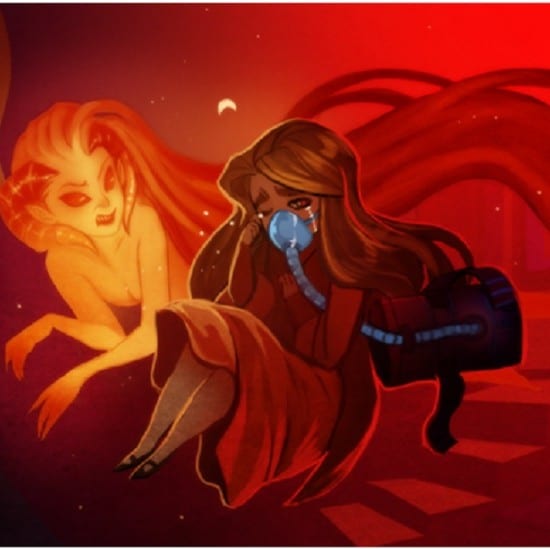In 1998, two underground Brooklyn emcees postponed their individual projects to collaborate on a full-length album, and the result was “Mos Def and Talib Kweli Are Black Star.” Around the same time, another artist transferred from Pennsylvania State University to a cell in prison where he wrote verses behind bars in what would become “Revolutionary, Volume 1.” I can remember the first verse I heard from Jean Grae, the first track I heard from Brother Ali, and the exact song that made me give Atmosphere a chance after five recommendations from Pandora prematurely thumbed down. They all began with skeptical resistance, followed by a raised eyebrow after the third or fourth bar, followed by “What’d you say their name is again?”
I can also remember the first webcomic I browsed online. It came in an email with a single link, with a subject heading that read “Read.” It sat in my inbox for three sunsets, which is an eternity for someone who keeps their inbox cleaner than hospital rooms. Leaving an email for three days says I care nothing of the message it brings, and that it only remains un-deleted in sheer respect to the sender. A good friend had sent it, so before the sun set on the fourth day, I begrudgingly clicked the link, raised an eyebrow at the third or fourth panel, and replied, “Where’d you say you found this again?”
We previously covered the comedy of hip-hop and classic gaming, and now the genre teaches a new lesson in creative art: some of the most incredible works are the secrets you are least likely to hear or read. In comics, those secrets come from the fire inside an artist that burns hot enough to draw in their living room or basement, without promise of compensation, because they have a story to tell. It means hosting a website and sharing a piece of you to the world for free because any scrutiny is less damaging than keeping that story to yourself. It comes from a garage at 2 a.m. It does not originate at DC or Marvel. With an increasing readership, new Eisner award categories, and the comic industry’s growing fan base, recognition for noteworthy webcomics are on the rise as popular sites like XKCD and The Oatmeal are being joined by long-form online stories.
If a webcomic creator survives the long hours of unrecognized dedication for long enough they might find a home with a larger publisher to lend them credibility, but it will never be the publishing company that gave them their talent of storytelling; they will only monetize it best.
Read more from Jordan Calhoun at blacknerdproblems.com

